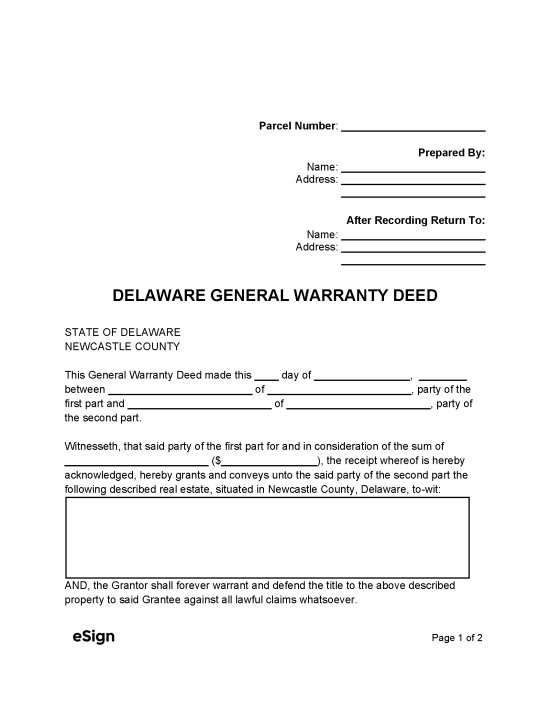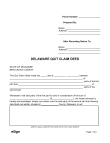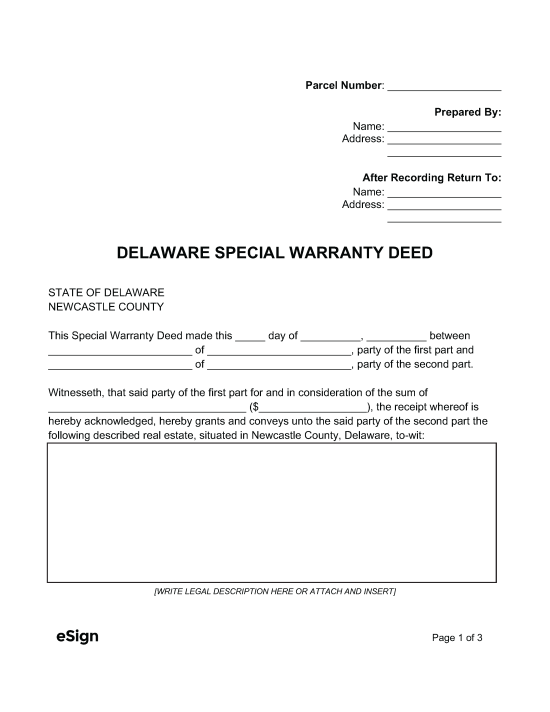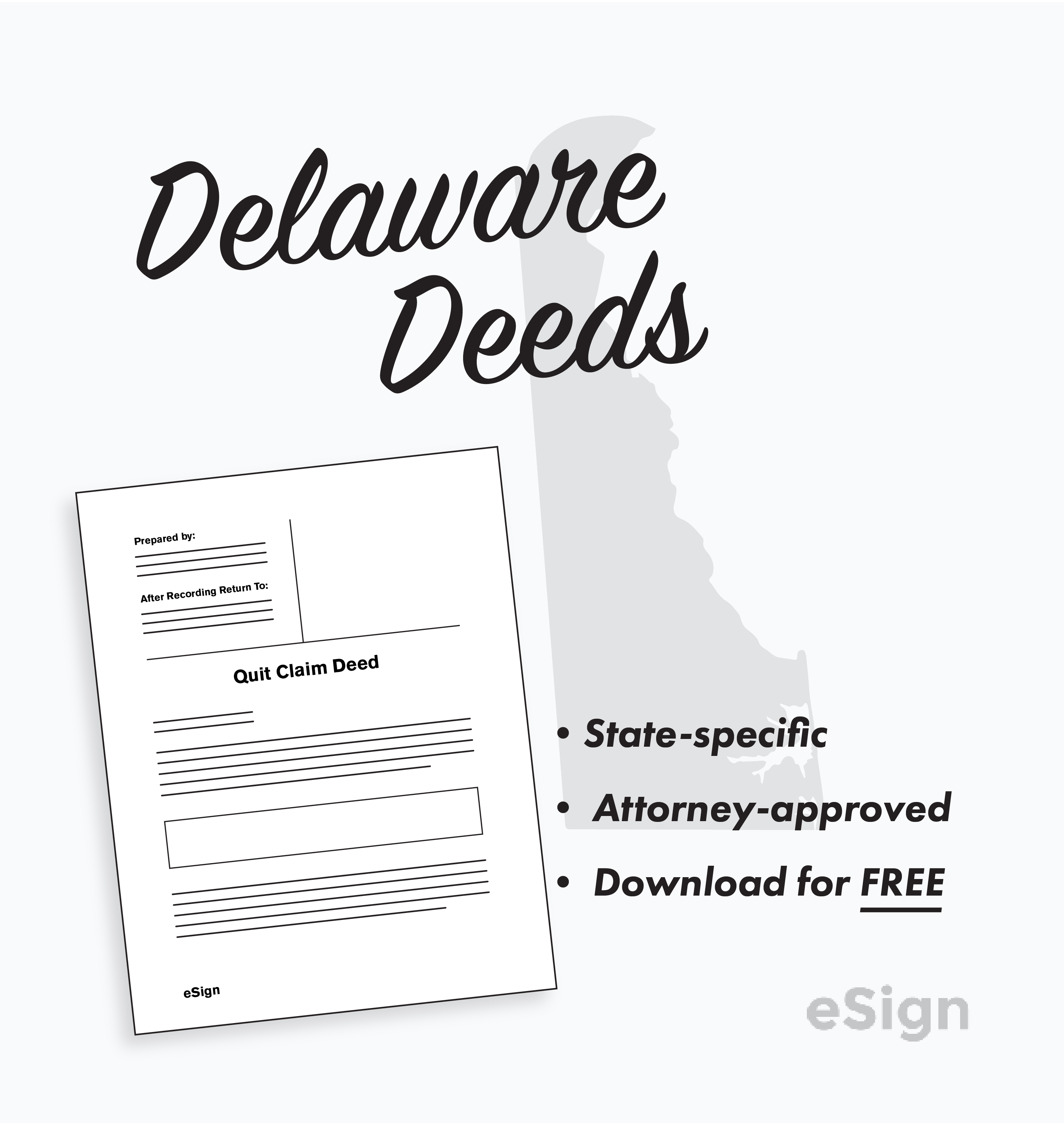By Type (3)
General Warranty Deed – Guarantees that the title is free of any liens or encumbrances and that the grantor is the rightful owner. – Guarantees that the title is free of any liens or encumbrances and that the grantor is the rightful owner.
|
 Quit Claim Deed – Conveys property without assurances regarding encumbrances or the grantor’s ownership rights. Quit Claim Deed – Conveys property without assurances regarding encumbrances or the grantor’s ownership rights.
|
Special Warranty Deed – Offers title protection that covers the duration of the grantor’s ownership. – Offers title protection that covers the duration of the grantor’s ownership.
|
Formatting
- Paper – 8.5″ x 11″
- Margins – 1.5″ to 3″ first page top margin, all other margins 1″
- Font – 10pt Times New Roman (or equivalent)
- Paper – 8.5″ x 14″ max
- Margins – 2.5″ first page top left margin, 1″ top right margin, all other margins 0.75″
- Font – At least 12pt
- Paper – 8.5″ x 14″ max dimensions
- Margins – 2” top of first page and bottom of last page, all other margins 1″
- Font – At least 12pt
Recording
Signing Requirements – The grantor’s signature requires a notary acknowledgment or be proved in superior court before one or more witnesses.[1]
Where to Record – County Recorder’s Office in either Kent County, New Castle County, or Sussex County.[2]
Cost – Recording fees vary by county:
- Kent County – $51
- New Castle County – $51
- Sussex County – $40
Additional Forms
- Form REW-EST – Required to assess income tax due for the transferred property.
- Form RTT-SCH – For first-time homebuyers to claim credit towards realty transfer tax.
- Realty Transfer Tax Return and Affidavit of Gain and Value (Form RTT-TAX) – Declares the transfer tax owed and must be filed with the deed.[3]
County Forms
Kent County New Property Owner Information Form – Required in Kent County to record the new owner’s details.
Kent County First Time Homebuyer Certification Form – For first-time homebuyers to claim realty transfer tax exemption in Kent County.
Sussex County Transfer Tax Affidavit – Required in Sussex County to calculate the transfer tax.
Sussex County FHB Affidavit – For first-time homebuyers in Sussex County.
General Information Sheet – Sussex County requires that this property information form be completed and recorded.
